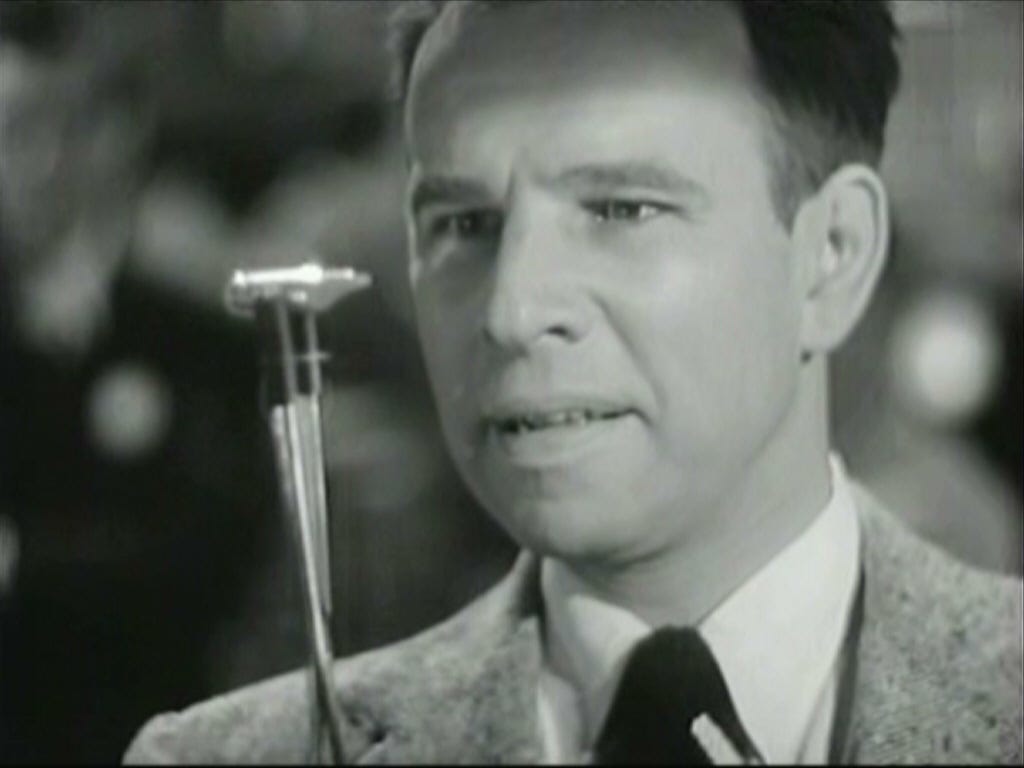Sherwin, Oppenheimer and The Bomb
Received sad news yesterday from my friend and co-author Robert Jay Lifton that historian Martin J. Sherwin had passed away at the age of eighty-four. Oddly, it coincided with an announcement that Christopher Nolan would be going ahead with his bio-pic on J. Robert Oppenheimer (starring Cillian Murphy) based on the book American Prometheus by Sherwin and Kai Bird, which won the Pulitzer Prize. Here is yesterday’s Washington Post obit on Sherwin.
When I met Marty in the early 1990s at Lifton’s annual, very social, seminars at Wellfleet, he was already well-known for his first book, A World Destroyed, which naturally interested me because of my own focus on the atomic bombings of Japan. He was also famous, and the butt of some friendly jokes, for how long he had been researching, but not writing, his biography of Oppenheimer (it took enlisting Bird for him to get over the hump). Over the years we met and chatted a few more times, and in his subsequent conversations and writings it was clear that he was moving slowly toward the position of finding the use of the bombs over two cities not necessary to end the war. His final book, Gambling With Armageddon, published just last year, drew wide praise for its analysis of the Cuban Missile Crisis.
Marty had also helped me personally on two recent projects.
He served as one of four advisers for my current film Atomic Cover-up (see this link for much more). Less than a month ago he told me how pleased he was to learn that the film had drawn wide acclaim and been selected for a dozen film festivals in recent months. He also provided key documents from FBI files on the bureau’s long, critical, surveillance of Oppenheimer for my latest book, The Beginning or the End. The FBI’s dirty work helped lead to “The Father of the Atomic Bomb” losing his security clearance, and much else, but for now I will simply post below my take on the bureau probing Oppenheimer (along with Albert Einstein and Leo Szilard, who had become anti-bomb activists).
The transcript of Oppie’s phone chat with his wife Kitty about the lunatic MGM movie—the subject of my book—is priceless. Thanks for that, Marty, and so much else.
The FBI vs. The Scientists
When the largest studio in Hollywood, MGM, decided near the end of 1945 to create the first major movie about the creation and use of the atomic bomb, producers naturally sought the approval of key Manhattan Project scientists. The movie, in fact, had been inspired by an urgent letter from Dr. Edward Tompkins, a young scientist at the Oak Ridge site in Tennessee, to one of his former chemistry students back in Iowa, actress Donna Reed. He pleaded with her to engage Hollywood in shooting a movie that would warn the world about the dangers of using the new weapon for further military uses, or else face a nuclear arms race or possibly even the end of civilization.
Reed, by chance, happened to be well-positioned to play such a role, as her new husband, Tony Owen, was a talent agent and friend of MGM studio chief Louis B. Mayer. Within days he had met with Mayer, who immediately signed off on a movie, soon to be called The Beginning or the End, promising to make it the "most important" movie he would ever release. To achieve that, however, the studio would have to get signed releases from the leading characters in this docu-drama, from military figures to scientists Albert Einstein, Leo Szilard, Enrico Fermi—and the scientific chief at Los Alamos, J. Robert Oppenheimer.
The key military man, Gen. Leslie R. Groves, overall director of the Manhattan Project, quickly signed a contract and--in the most critical moments of the entire project--he managed to secure script approval from the studio and a then-lofty sum of $10,000 to act as chief adviser. This would, over time, move the message of the movie away from the scientists' warnings to its final endorsement of the bomb and its use against Japan. (In his review for the new Bulletin of the Atomic Scientists, Oak Ridge chemist Harrison Brown would lament the movie's "poor quality" and "falsification of history.")
MGM would not offer money or script approval to any of the scientists, but still needed them to give them written permission to portray them on screen. This led to rather desperate attempts during the first half of 1946 to gain their signatures.
It looked for a time like the studio would never convert a very skeptical Szilard. Einstein was so hostile to the very idea that he penned a dismissive letter to Mayer himself. Mayer argued that, for movie producers, dramatic reality was as important as factual reality was to the scientists. Einstein, understandably, still balked. But after Szilard was invited to Hollywood and was able to make a few changes in the script's depiction of his involvement in early atomic experiments, he offered his okay. The film, however, would make no mention of his forceful efforts to slow or halt Truman's decision to drop two bombs over Japanese cities.
Then Szilard convinced his reluctant friend Einstein to sign on as well, more from fatigue than from anything else.
But what about Oppenheimer (above right, with General Groves)? In his usual manner, he acted Sphinx-like for months, at one moment mocking the project, then acting intrigued, but refusing to even look at a script. He even sat for two interviews with novelist Ayn Rand, who was writing a competing screenplay for Paramount (which ultimately went nowhere). MGM grew so discouraged it changed his character's name in the script for a time to the profoundly different "Whittier."
Finally, after reading the script that April, which he found often laughable in its depiction of the scientists, he hosted the movie's producer, MGM's Sam Marx, for dinner at his hillside home in Berkeley, during which he lobbied for various small revisions. When Marx agreed to attend to them, Oppenheimer offered his verbal approval, while telling a friend that the script was still embarrassingly weak.
While all this was transpiring, however, the FBI was closely monitoring the Einstein's mail, and following Szilard and Oppenheimer on their travels as possible security risks or for harboring left-wing views (and in the latter's case, alleged Communist Party membership in the past). They even established a phone tap at Oppenheimer's Berkeley residence. On at least one occasion, they taped his wife Kitty discussing the MGM movie with his former aide at Los Alamos, David Hawkins, who her husband had briefly installed on the MGM movie lot as his eyes and ears.
Also taped was this revealing conversation between Oppenheimer and his wife, one night in May 1946, when he was in the East. It's detailed for the first time in my new book, The Beginning or the End: How Hollywood--and America--Learned to Stop Worrying and Love the Bomb.
Near the end of a lengthy phone conversation—taped and transcribed as usual by the FBI—Kitty Oppenheimer informed her husband that he had received a letter from a certain "Hugh Cronin" (as the name was recorded in the transcript) in which he explained "why he would like to be you."
Robert asked: "Bill Cronin?" Kitty: "Hugh Cronin—that bloke that belongs to MGM."
This was actually the actor Hume Cronyn, who had been hired by MGM, improbably, to portray him (as Oppie, below). Unlike Oppenheimer, Cronyn was short, chunky, non-Jewish, Canadian.
"Well, I'll tell you what I did on this," Oppenheimer replied. "This very ugly creature [Colonel W.A. Consodine, a top Groves aide] called me and said that Marx had said it was all right and would I sign the release, and I said sure. I got the release and I signed it with a paragraph written in saying that all of this is subject to my receipt of a statement from Mr. Sam Marx that he believes the changes that have been made are satisfactory." Possibly to re-assure his wife, he pointed out that David Hawkins was still at the studio.
Kitty: "Oh."
Robert: "Well, I didn't think there was anything else to do. I don't want anything from them and if I can work on his [Marx's] conscience, that is the best angle I have. It just isn't worth anything otherwise, darling."
At this juncture, the call faded in and out. "The FBI must have just hung up," Robert quipped. The transcript recorded Kitty's response as: Giggles.
Then Robert concluded: "The only thing we can do there is to try to persuade them to do a decent job."
The movie would be released the following February, as pro-bomb propaganda, and draw mixed reviews and weak box office. No response from Einstein or Oppenheimer was recorded, but Szilard would comment, "If our sin as scientists was to make and use the atomic bomb, then our punishment was to watch The Beginning or the End."
“Essential daily newsletter.” — Charles P. Pierce, Esquire
“Incisive and enjoyable every day.” — Ron Brownstein, The Atlantic
“Always worth reading.” — Frank Rich, New York magazine, Veep and Succession
Greg Mitchell is the author of a dozen books, including the bestseller The Tunnels (on escapes under the Berlin Wall), the current The Beginning or the End (on MGM’s wild atomic bomb movie), and The Campaign of the Century (on Upton Sinclair’s left-wing race for governor of California), which was recently picked by the Wall St. Journal as one of five greatest books ever about an election. His new film, Atomic Cover-up, just had its world premiere and is drawing extraordinary acclaim. For nearly all of the 1970s he was the #2 editor at the legendary Crawdaddy. Later he served as longtime editor of Editor & Publisher magazine. He recently co-produced a film about Beethoven’s Ninth Symphony.






